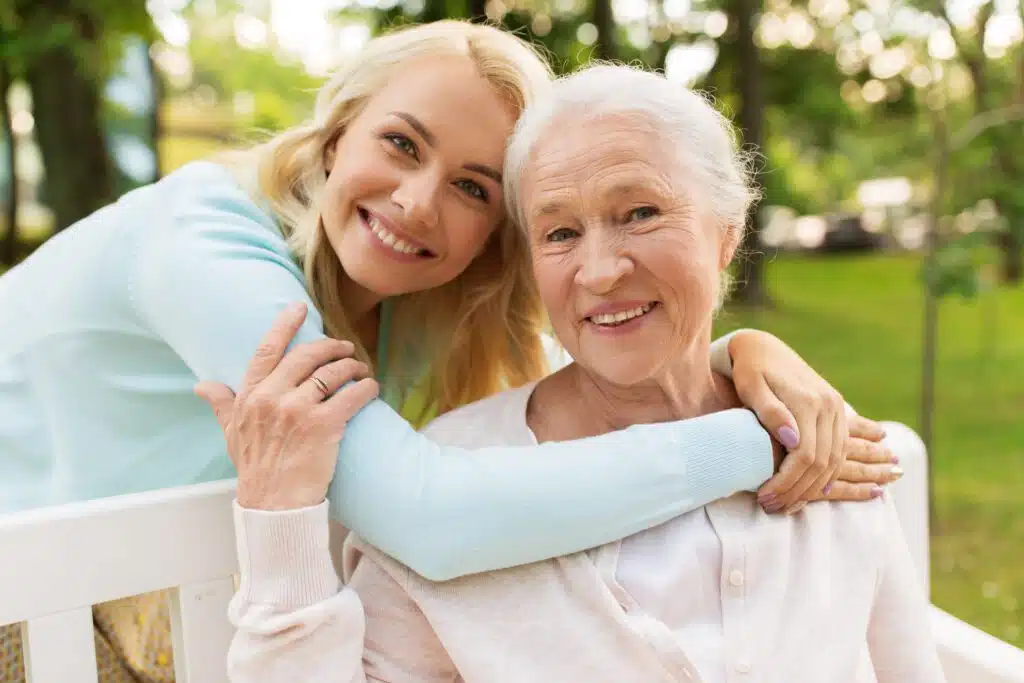No one ever wants someone they love to be facing a wound that is not healing. The key is to have the right help throughout the healing process to assist as much as possible with moving toward no longer having any wounds at all. That can be trickier with some health issues than with others, and home health care can be the answer.
Surgical Wounds

Surgical wounds need attention and care, especially if your elderly family member is not able to manage the necessary care on her own. The big benefit with surgical wounds is that these are clean wounds. The incision is not going to be ragged or left open after the surgical procedure is over unless there’s a specific reason not to stitch or secure it. With surgical wounds, the best protocol is to keep the wound clean and watch for possible infection signs. Staying on top of that can avoid lots of problems and potential complications.
Diabetic Wounds
Diabetic wounds are a specific type of ulcerated wound that many people with diabetes could possibly develop. Theoretically, a diabetic wound could occur anywhere on the body, but they’re most likely to occur on the feet, especially around the big toe. This can happen because of poor circulation and high blood sugar levels which create nerve damage, particularly in the extremities like the feet and lower legs. Nerve damage leads to lower sensitivity in those areas, which means that injuries might not be noticed as quickly. Since high blood sugar levels also impact the body’s ability to heal, those wounds can take a lot longer to heal than they would otherwise.
Venous and Arterial Wounds
Arterial and venous wounds are common in people who have poor circulation, especially in the lower legs and feet. These types of wounds are often accompanied with inflammation and other symptoms. The wounds are usually deep and may or may not be painful for your senior. These wounds don’t get the blood flow that they need, which is what contributes to their formation, and it also keeps them from healing as quickly as they really should.
Chronic Wounds
Every wound starts off as an acute wound, but after enough interrupted healing those wounds can become chronic wounds. When this happens, the wound is not able to move through all the stages of healing. Chronic wounds experience prolonged inflammation and may never move into later stages of healing on their own. It’s vital that if your senior is prone to chronic wounds for whatever reason that she has help from home health care providers and her medical team. This ensures that your elderly family member has assistance from people who can stay alert for signs that her wounds are not healing as they should.
Proper wound care is vital no matter why your elderly family member is experiencing one. Home health care providers work closely with your senior’s doctor to understand her underlying health issues as well as what is necessary to assist her in healing. If there are signs of bigger issues, such as infection or sepsis, having immediate assistance ensures that your elderly family member gets whatever additional care she needs.
